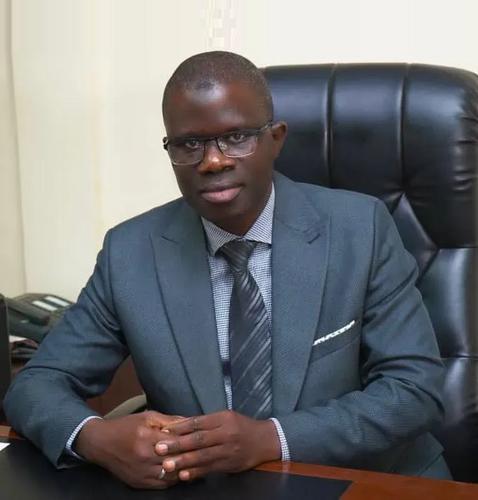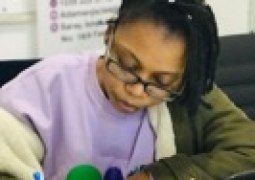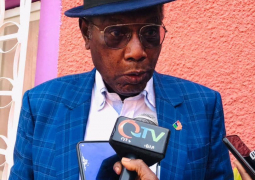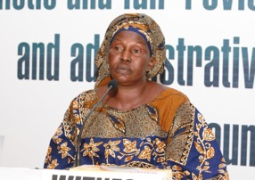
Speaking on the state of the country’s petroleum sector, Juwara explained that while seismic surveys and preliminary data have suggested the possibility of offshore hydrocarbon deposits, no company has yet struck commercially viable oil. “We are proceeding with caution,” he said. “The world has many examples where oil became a curse instead of a blessing. We will not rush into agreements or exploitation without ensuring that the Gambian people are the primary beneficiaries.”
The minister outlined the ongoing work with international oil companies to re-evaluate exploration blocks, update geological data, and attract responsible investment. He emphasised that oil exploration is a long and costly process, often taking years from initial surveys to any confirmed discovery.
Juwara also addressed the challenges of operating in a volatile global oil market, noting that even if The Gambia were to find oil, prices and demand could fluctuate sharply. This, he said, makes it essential for the country to prepare robust governance, environmental protection and revenue management frameworks before any production begins.
The government is also seeking to ensure that any potential oil exploitation does not undermine the country’s environmental commitments, particularly given The Gambia’s vulnerability to climate change. “We are committed to a balanced energy future where oil, if found, supports our development goals without destroying our environment,” Juwara stated.
While oil exploration continues, Juwara noted that about 70% of Gambians currently have access to electricity, with a target of reaching 100% by 2026, a separate but complementary goal within the country’s broader energy strategy.
He mentioned that the reason the government is yet to find oil, is because of how nature shaped the land millions of years ago. The Gambia has about 8,500 square kilometers of offshore area with good data showing there could be oil. Just because they haven’t discovered it doesn’t mean it isn’t there. There’s nothing in the geology stopping them, they just need to drill more wells; experts advised them to drilling two more wells is a good start.





